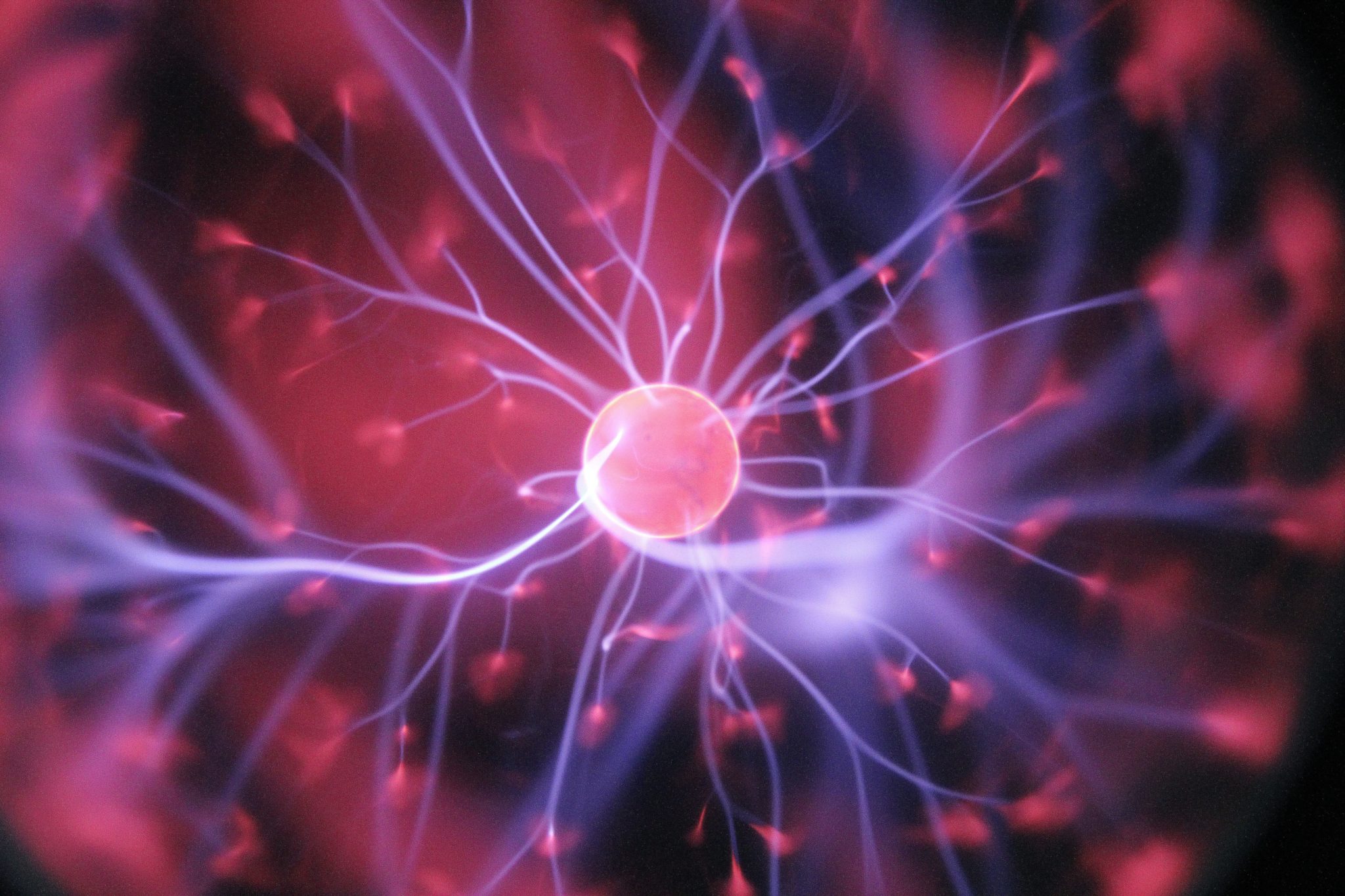EMDR (eye movement desensitization and reprocessing) is a psychotherapy that allows individuals to heal from emotional distress and symptoms cause by trauma. With EMDR therapy, one can heal from psychological trauma. With EMDR, a counselor is able to activate an individual’s own natural healing process. EMDR consists of eight phases.
During one of the phases, eye movements or bilateral stimulation is used. EMDR therapy allows a client to use their own emotional and intellectual processes to heal. It can also help to create empowerment in oneself in order to face their traumas. Trauma affects us all in many different ways and can take away our sense of joy, connections, and even safety. We may even feel that we can no longer have connections with others and have a hard time feeling joy each day.
With EMDR, one can restore their wellness and create new connections, have compassion for themselves, as well as their appreciation for life. EMDR can help us process one trigger or even multiple triggers, one at a time. Trauma can cause the brain to not process information, cause intrusive thoughts, as well as anxiety. Remembering traumatic events can allow our brains to process the memories of experiences we have had with the traumatic event(s). The EMDR Institute shows research that provides positive outcomes for the use of EMDR after 6 to 12 sessions.

Here are ways we can restore our wellness with EMDR therapy
- Renewing our ownership over our minds
This addresses our negative belief system and our nervous system, allowing us to feel connections and feel safe over time.
- Renewing our own beliefs and feelings
This gives our mind and body space to restore and process our memories and psychological responses.
- Having control over physical responses
This addressed our outbursts and actions relating to our emotional symptoms, with trauma we can lack the control over our own bodies and physical responses.
EMDR therapy can be used for those with
- Depression
- Childhood trauma
- PTSD
- Panic disorders
- Psychosis
- Anxiety
- Eating disorders
- Substance use disorders
- & Much more

Some of the overall benefits to EMDR
- Addresses anxiety and thinking
- Helps recover from trauma
- Allows the client to be and feel more in control
- Improves self-worth/image
- Reviews a client’s whole history
- Quick results
- The ability to finally process traumatic events
EMDR has been shown to be very beneficial to many individuals and not just those who have experienced a life altering trauma. If you or a loved one have experienced trauma, panic disorders, chronic stress, PTSD, psychosis, eating disorder, and more, think about talking to a trained professional about how EMDR might benefit you. Allow yourself to face your triggers and fears in order to feel relief and happiness again. If you have experienced trauma, panic disorders, chronic anxiety, substance abuse, etc., know that you are not alone and you are heard.
When we experience trauma, it can feel like we cannot trust things anymore. With EMDR you can gain more trust in yourself and your surroundings over time. Facing trauma can be very scary, especially when we start to forget important information about the event because of coping mechanisms. Do not allow your traumas to get in the way of living a happy and fulfilling life.
Take the steps to seeking help from a trained professional, therapist, counselor, or social worker. Only you can take the necessary steps to heal and live a more fulfilling life. EMDR has tremendous benefits and can be the key to identifying and processing trauma in order to not be held back from our trauma any longer.




